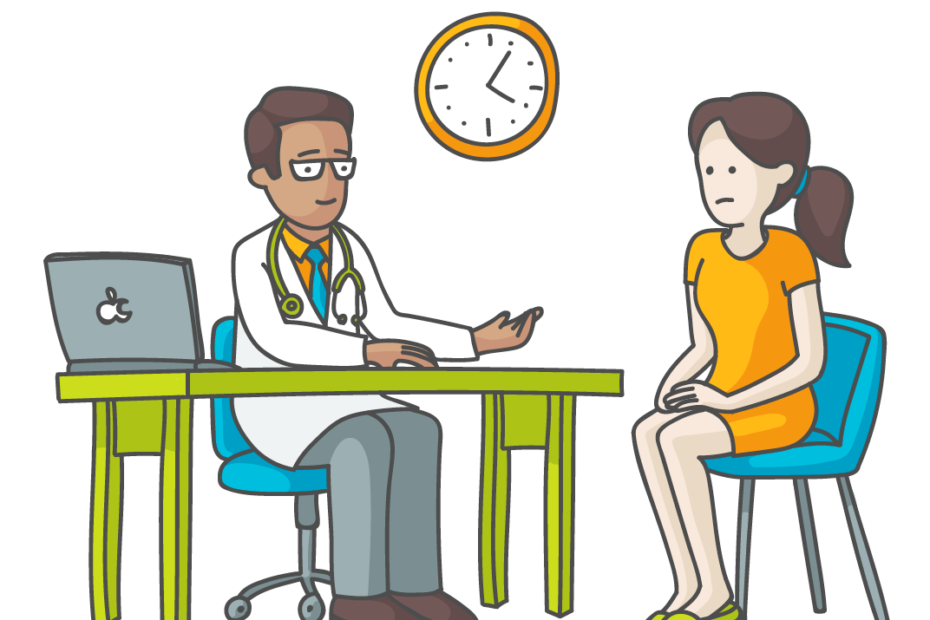What kind of talking therapies might I use to treat my mental health symptoms?
Cognitive Behavioural Therapy (CBT)
This is one of the most popular talking therapies used – its aim is to target the automatic negative thoughts, beliefs and attitudes you may have and turn them into realistic or positive ones. Whilst you may not be able to change the negative events or situations in your life, you can change your reactions to them so that they don’t affect you as severely, and CBT is a wonderful tool for this.
Neuro-linguistic programming
A second type of talking therapy, which is widely utilised for corporate training and leadership skill development, and is based on the idea that we view the world from our own limited perspective rather than seeing the world as it is, which often holds us back. By working closely with a therapist, you can learn to work on your communication skills, boost your self-esteem and increase your confidence.
Emotional Freedom Technique
Another type of mental health treatment is Emotional Freedom Technique (EFT), which works by stimulating the body’s meridian points, or ‘acupoints’ (the key areas where life-energy, referred to as ‘qi’ or ‘chi’ flows), by tapping on the area while having the patient focus on specific fears or unresolved trauma. The idea is that a therapist can access the body’s energy, helping to bring it back into balance, and thus diminish the power of the negative memory. It has also been found that the related practice of acupuncture can reduce the stimulation of the amygdala (1), a brain area which is overactive during stress and anxiety.
Are drugs an effective treatment?
Many mental health illnesses, including anxiety, OCD and depression are treated with antidepressants. It is worth remembering that there are many different types of antidepressant medications, each with their own side effect profiles, and not all are equally effective in treating all mental health symptoms (2). If you are considering taking antidepressants, this is something to be discussed in depth with your GP or healthcare provider. However, it is important to consider that turning to medication only may not be the wisest choice, as antidepressants treat symptoms after they have come about.
Why aren’t they the wisest choice?
The problem is that so many doctors do not believe in functional medicine – a systems-based approach to healthcare that focuses on identifying and addressing the causes of diseases rather than simply treating the symptoms. This is not just true for physical disorders, but also for mental health symptoms! It is by changing conditions (diet, environment, sleep, stress) that enables chronic disease to change and improve. When it comes to what you’re eating, you have to make sure you are providing your body with a diet that will diversify and balance your gut bacteria. Various studies have found that a broader range of gut microbiomes is better for human health, including mental health (3).
What can I do instead?
A very successful approach is to address your compromised microbiome in combination with a talking therapy of your choice. To ‘fix’ your microbiome, you may choose to follow specific recipes, such as those provided by Reset Your Health, which are designed to provide you with all the vitamins and minerals you need, and balance your gut microbiomes in only 4 weeks. Not only will this lead to being in a better physical condition, but also to improved mental health and happiness.
Bibliography
1. Wang X, Wang Z, Liu J, Chen J, Liu X, Nie G, et al. Repeated acupuncture treatments modulate amygdala resting state functional connectivity of depressive patients. Neuroimage Clin. 2016;12:746-52. https://pubmed.ncbi.nlm.nih.gov/27812501/
2. Cipriani A, Furukawa TA, Salanti G, Geddes JR, Higgins JP, Churchill R, et al. Comparative efficacy and acceptability of 12 new-generation antidepressants: a multiple-treatments meta-analysis. Lancet. 2009;373(9665):746-58. https://www.thelancet.com/journals/lancet/article/PIIS0140-6736(09)60046-5/fulltext
3. Quigley EM. Gut bacteria in health and disease. Gastroenterol Hepatol (N Y). 2013;9(9):560-9. https://pubmed.ncbi.nlm.nih.gov/24729765/
